T-MALE Testosterone Support is a revolutionary food supplement featuring fenugreek, grape and apple concentrates. It also includes a T MALE Specialised Nutrient Blend. High-potency zinc may contribute to the maintenance of normal testosterone levels in the blood. Zinc also supports normal fertility and reproduction, while vitamin B6 reduces tiredness and fatigue and aids in the regulation of hormonal activity. T Male also provides men with selenium, which offers nutritional support for normal spermatogenesis.
T-MALE Testosterone Support Ingredients: Vitamin E (d-alpha tocopheryl acetate); Vitamin C (as ascorbic acid); Vitamin B6 (as pyridoxine hydrochloride); Magnesium (as magnesium citrate); Zinc (as zinc aspartate); Selenium (as sodium selenite); FuranoMaxTM Fenugreek Extract (proprietary source of fenugreek furans, stanols and furanostanols from whole Trigonella foenum-graecum seed); Calcium (as citrate/carbonate);
Study:
This is a study on the importance of zinc and testosterone metabolism. From that study: “Zinc deficiency is prevalent throughout the world, including the USA. Severe and moderate deficiency of zinc is associated with hypogonadism in men. However, the effect of marginal zinc deficiency on serum testosterone concentration is not known. We studied the relationship between cellular zinc concentrations and serum testosterone. We did a cross-sectionally in 40 normal men, 20 to 80 y of age. In four normal young men (27.5 +/- 0.5 y), we measured serum testosterone before and during marginal zinc deficiency. Which we induced by restricting dietary zinc intake. We also measured serum testosterone in nine elderly men (64 +/- 9 y) who were marginally zinc deficient before and after 3 to 6 mo of supplementation with 459 mumol/ d oral zinc administered as zinc gluconate.
Serum testosterone concentrations is significantly correlated with cellular zinc concentrations. In the cross-sectional study (lymphocyte zinc versus serum testosterone, r = 0.43, p = 0.006; granulocyte zinc versus serum testosterone, r = 0.30, p = 0.03). Dietary zinc restriction in normal young men showed a significant decrease in serum testosterone concentrations. Which we noticed after 20 weeks of zinc restriction. (Baseline versus post-zinc restriction mean +/- SD, 39.9 +/- 7.1 versus 10.6 +/- 3.6 nmol/L, respectively; p = 0.005). Zinc supplementation of marginally zinc-deficient normal elderly men for six months resulted in an increase in serum testosterone from 8.3 +/- 6.3 to 16.0 +/- 4.4 nmol/L (p = 0.02). We conclude that zinc may play an important role in modulating serum testosterone levels in normal men.”
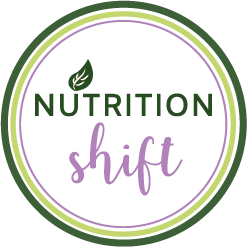
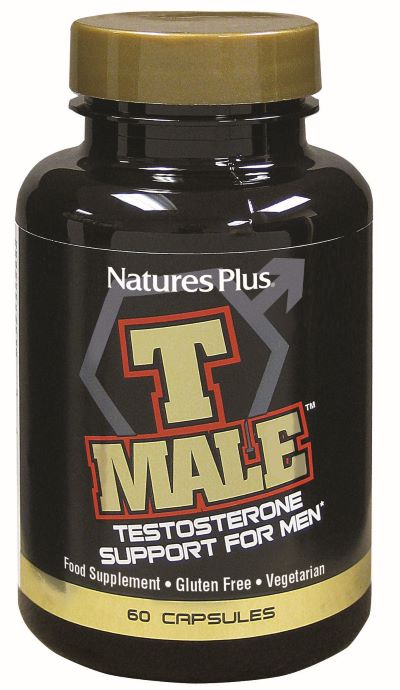
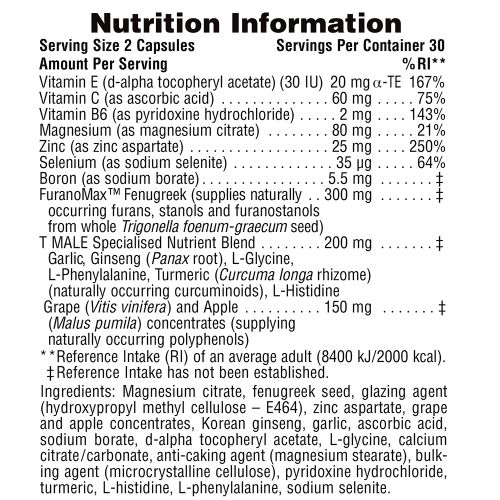
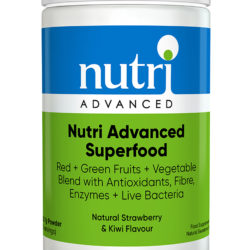
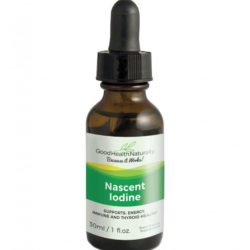
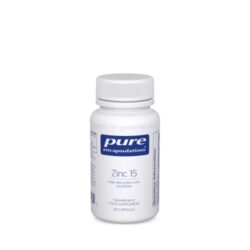
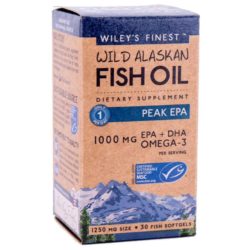
Reviews
There are no reviews yet.